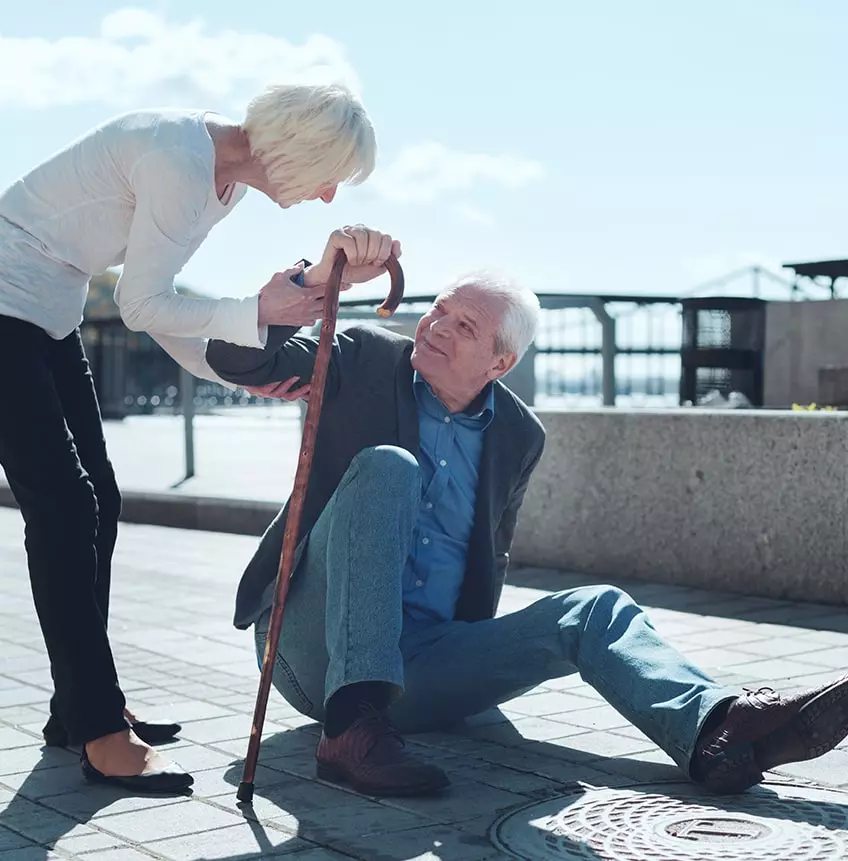
Challenging behaviours are a common part of dementia, often resulting from changes in the brain that affect memory, communication, emotions, and the ability to interpret the environment. For families, witnessing these behaviours can be distressing. In dementia nursing homes, behavioural support is not about control — it is about understanding the cause behind the behaviour and responding with compassion, structure, and respect.
This article explains the approaches used to support residents experiencing agitation, wandering, resistance to care, or emotional outbursts, and highlights the importance of a personalised care philosophy.
Why Challenging Behaviours Happen
Find YOUR ideal care home NOW!
Individuals with dementia may struggle to express pain, discomfort, fear, or frustration through words. As communication becomes difficult, behaviours can become the primary form of expression. Common triggers include:
- Physical discomfort or pain
- Overstimulation (noise, crowding, unfamiliar environment)
- Confusion or disorientation
- Loneliness or emotional distress
- Changes in routine or caregivers
Recognizing these triggers is central to creating supportive, calm, and reassuring daily environments.
Key Methods Used to Support Behavioural Needs
| Support Method | Description | Why It Helps |
|---|---|---|
| Individual Behavioural Assessments | Care teams observe patterns, triggers, and emotional cues for each resident. | Allows staff to respond to the root cause, not just the behaviour. |
| Consistent Routines | Daily activities follow familiar rhythms with minimal unexpected changes. | Reduces anxiety and confusion. |
| Personalised Communication Techniques | Using calm tone, visual cues, eye contact, and simple explanations. | Supports understanding and builds trust. |
| Sensory and Therapeutic Activities | Music, hand massage, aromatherapy, or reminiscence sessions. | Promotes relaxation, identity, and emotional well-being. |
| Environmental Adaptations | Comfortable lighting, quiet spaces, secure walking areas. | Prevents overstimulation and supports safe movement. |
When Medical Support Is Required
While non-medication approaches are always prioritised, some situations require clinical intervention. If a resident experiences serious distress that cannot be alleviated through supportive methods, healthcare professionals may evaluate:
- Pain management
- Undiagnosed infection or discomfort
- Medication review to treat underlying symptoms rather than the behaviour itself
Any treatment plan must be carefully monitored and regularly reassessed to avoid over-sedation and preserve quality of life.
Struggling to manage challenging dementia-related behaviours?
Behavioural changes linked to dementia—such as agitation, anxiety or confusion—can be distressing for both individuals and families, especially when care is provided at home. When supervision, routine and specialist support become necessary, a dementia nursing home can offer a safer and more structured environment. Senior Home Plus helps families explore dementia nursing care options across the UK when behavioural support becomes a key concern.
Get guidance on dementia nursing homesFree guidance • No obligation
The Role of Families
Families contribute essential knowledge: life history, preferences, temperament, past routines, and significant memories. Sharing these details helps create individualized care plans that reduce emotional distress and help the person feel known and understood.
Ongoing communication between families and care teams ensures continuity and reinforces dignity throughout the dementia journey.
FAQ – Optimised for Search
Why do people with dementia sometimes show challenging behaviours?
Behaviours often express unmet needs such as pain, confusion, fear, or frustration when communication becomes difficult.
How do nursing homes manage agitation or aggression?
They observe triggers, maintain calm routines, use adapted communication techniques, and provide sensory or therapeutic activities to reduce stress.
Are medications commonly used to manage behaviour?
Medication is considered only after non-pharmacological strategies have been tried, and always under careful medical supervision.
How can families help reduce behavioural distress?
Sharing personal history, preferred routines, and meaningful comfort items helps create familiarity and emotional reassurance.
Need help finding a care home?
Senior Home Plus offers free personalized guidance to help you find a care facility that suits your health needs, budget, and preferred location in the UK.
Call us at 0203 608 0055 to get expert assistance today.
Search for Care Homes by Region in the UK
| East Midlands | Eastern | Isle of Man |
| London | North East | North West |
| Northern Ireland | Scotland | South East |
| South West | Wales | West Midlands |
| Yorkshire and the Humber |
You are looking for a care home or nursing home for your loved one ?
Share this article :
Latest posts
You are looking for an establishment for your loved one ?
Get availability & prices
Fill in this form and receive
all the essential information
We would like to inform you of the existence of the opposition list for telephone canvassing.









